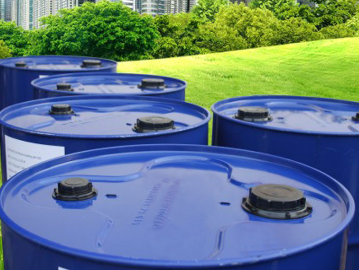Silicone sealant is commonly used in construction and plumbing projects for its ability to create a waterproof seal. However, excess silicone sealant and residue can be difficult to clean up and can leave a messy and unsightly finish. Here are some tips for cleaning up excess silicone sealant and residue effectively:

1. Use a silicone sealant remover
A silicone sealant remover is a chemical product designed to break down silicone sealant and make it easier to remove. Apply the sealant remover to the affected area and let it sit for the recommended amount of time before wiping it away with a cloth or scraper. Use gloves and proper ventilation when using a silicone sealant remover.
2. Scrape away excess sealant
If the silicone sealant is still wet, use a plastic or metal scraper to remove as much of the excess as possible. Be careful not to damage the surface underneath. Once you have removed as much as possible, use a sealant remover to clean up any residue and remaining sealant.
3. Use a razor blade or knife
For smaller areas or hard-to-reach spots, a razor blade or knife can be used to carefully scrape away excess silicone sealant. Be careful not to scratch or damage the surface underneath, and use a sealant remover to clean up any remaining residue.
4. Use rubbing alcohol
Rubbing alcohol can also be used to clean up silicone sealant residue. Apply the alcohol to a cloth or sponge and rub the affected area until the residue has been removed. Rinse the area with water and dry with a clean cloth.
5. Sand away residue
For stubborn residue that cannot be removed with a sealant remover or scraping, sanding may be necessary. Use a fine-grit sandpaper to sand away the residue, being careful not to damage the surface underneath. Once the residue has been removed, use a sealant remover to clean up any remaining residue.
6. Prevention
The best way to avoid excess silicone sealant and residue is to apply it carefully and neatly. Use a caulking gun to apply the sealant evenly and wipe away any excess with a damp sponge or cloth before it dries.
In conclusion, excess silicone sealant and residue can be cleaned up using a variety of methods, including sealant remover, scraping, razor blades or knives, rubbing alcohol, and sanding. Prevention is the best approach, so take care to apply silicone sealant carefully and neatly to avoid excess and residue.